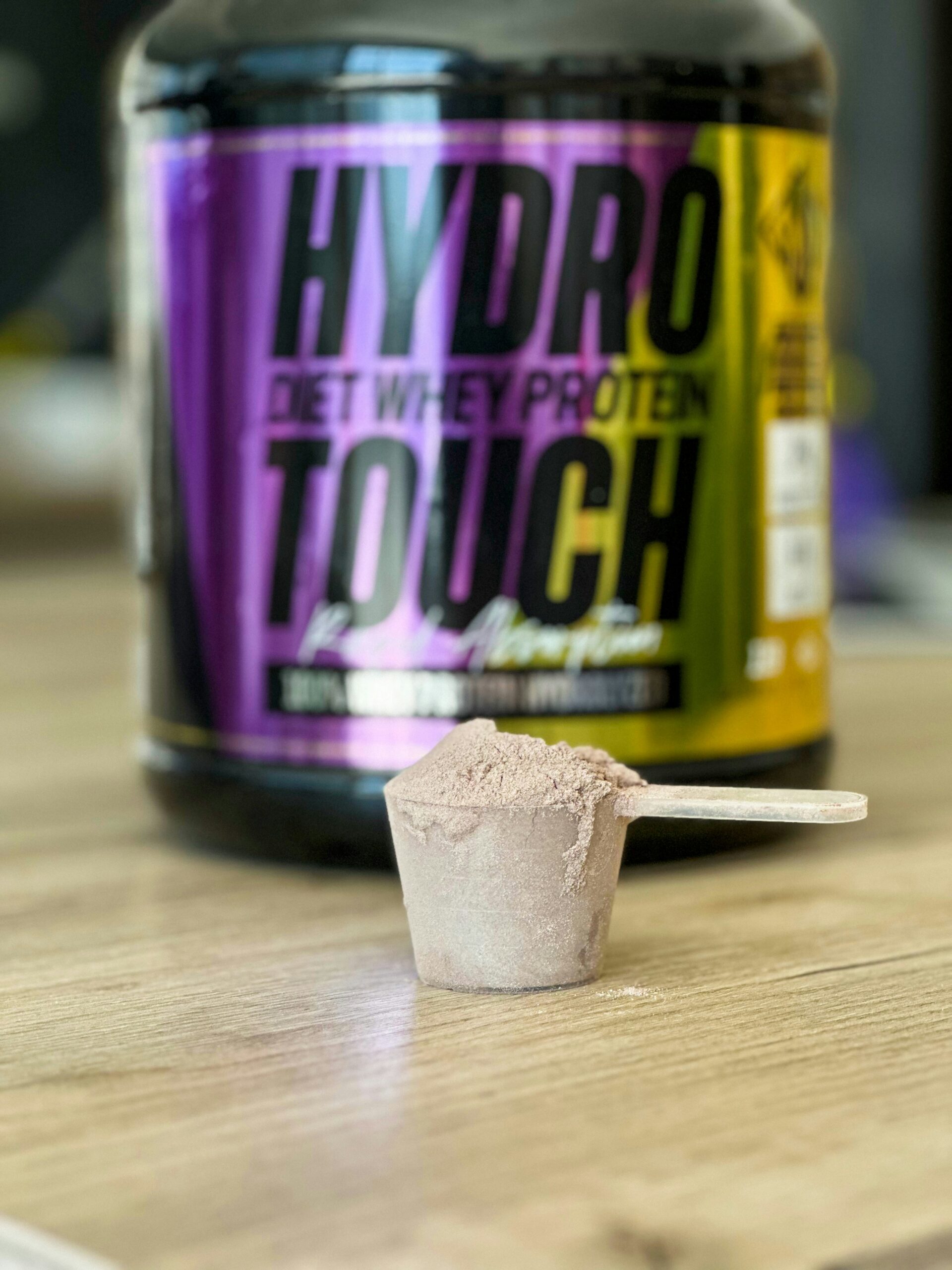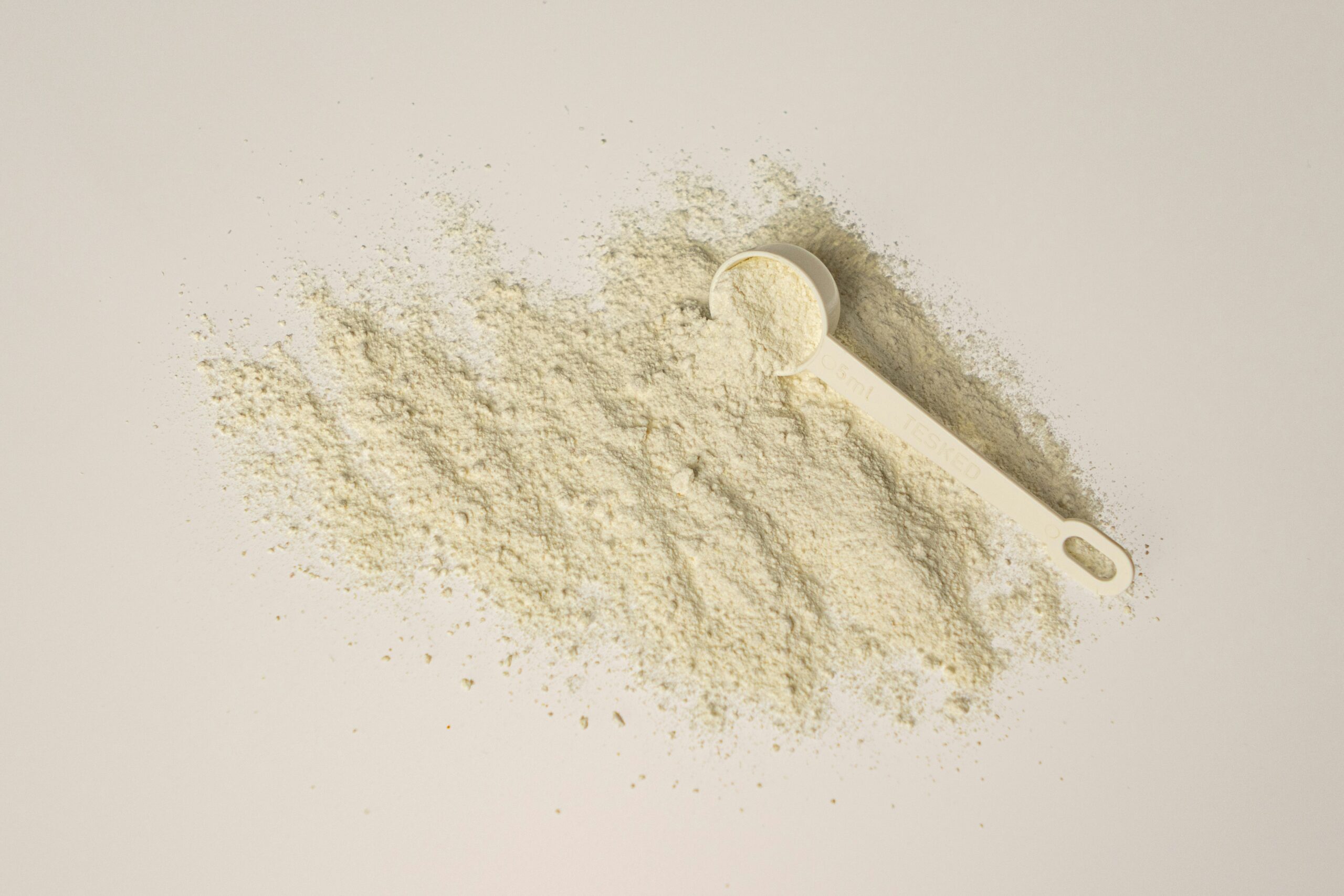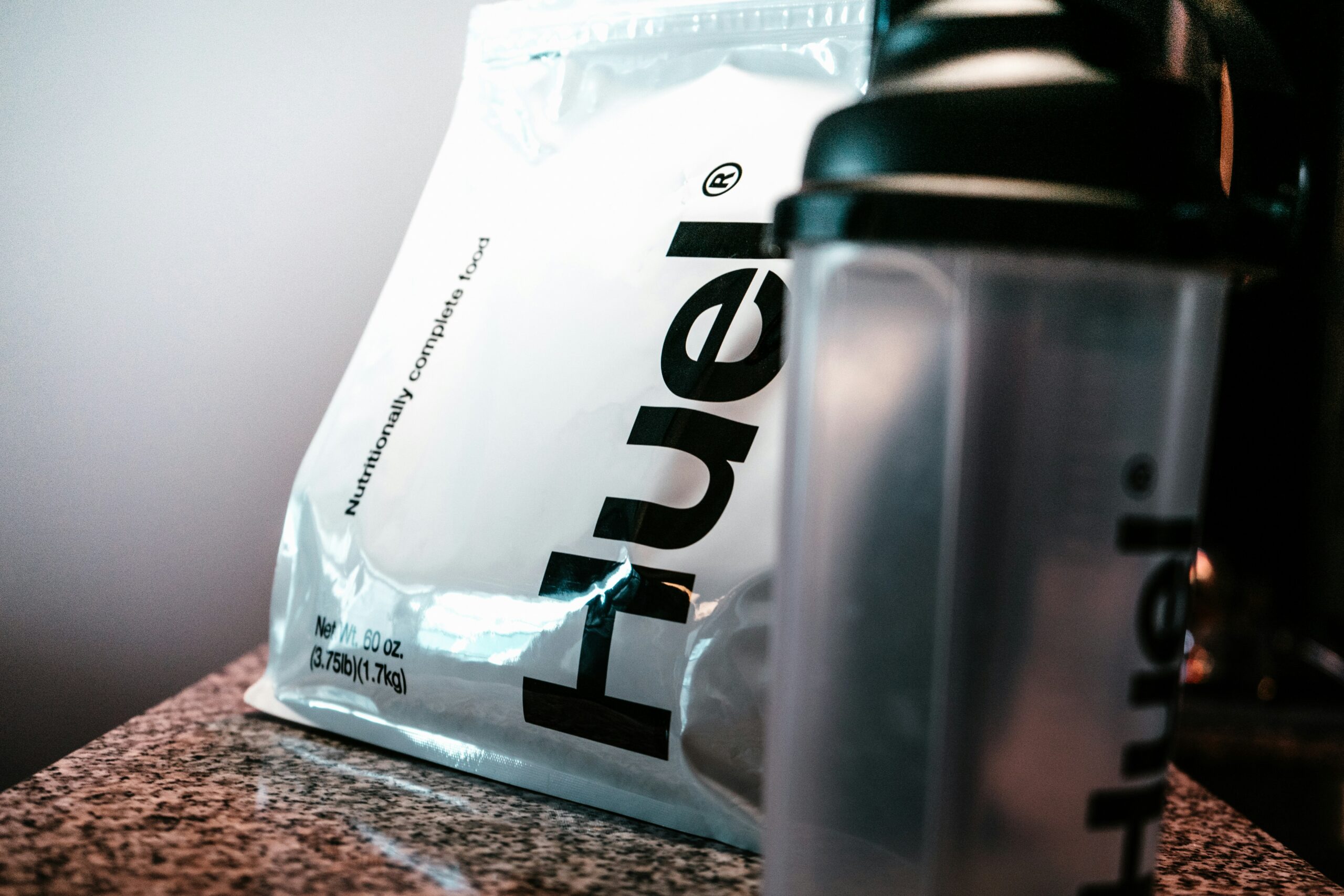When you’re new to fitness or simply looking to improve your diet, protein powder can be a game-changer. But with so many options on the market, choosing the right protein powder can be overwhelming. This guide will walk you through everything you need to know about the best protein powders for beginners, helping you make an informed decision that aligns with your goals.
Why Protein Powder Matters
Protein is an essential macronutrient that plays a crucial role in building and repairing muscles, producing enzymes and hormones, and supporting overall health. For beginners, especially those who are active, getting enough protein is vital for recovery and muscle growth. However, not everyone can easily meet their protein needs through food alone—this is where protein powders come in.
Protein powders offer a convenient and efficient way to increase your protein intake without having to consume large amounts of food. Whether you’re looking to gain muscle, lose weight, or simply supplement your diet, a good protein powder can be a valuable addition to your routine.
Types of Protein Powders for Beginners
Understanding the different types of protein powders is the first step in choosing the right one for you. Here are the most common types available:
1. Whey Protein
What It Is: Whey protein is derived from milk during the cheese-making process. It is a complete protein, meaning it contains all nine essential amino acids that your body cannot produce on its own.
Benefits for Beginners: Whey protein is quickly absorbed by the body, making it an ideal post-workout supplement. It helps in muscle recovery and growth, and is known for its rich amino acid profile, including a high concentration of branched-chain amino acids (BCAAs) like leucine, which is key for muscle synthesis.
Considerations: Whey protein is not suitable for those who are lactose intolerant or vegan. Additionally, some people may experience digestive discomfort when consuming whey protein.
Top Pick: Optimum Nutrition Gold Standard 100% Whey – This product is popular among beginners due to its great taste, easy mixability, and high-quality protein content.
2. Casein Protein
What It Is: Casein is another protein derived from milk, but unlike whey, it is digested slowly.
Benefits for Beginners: The slow digestion of casein makes it a great option for those looking to sustain protein levels throughout the night. It’s ideal for taking before bedtime, as it provides a steady release of amino acids over several hours, aiding in muscle repair and growth while you sleep.
Considerations: Similar to whey, casein is not suitable for vegans or those with lactose intolerance. It is also thicker and more filling, which might not be ideal for everyone.
Top Pick: Dymatize Nutrition Elite Casein – Known for its slow-digesting properties, this casein protein is a favorite among those who want overnight recovery support.
3. Soy Protein
What It Is: Soy protein is derived from soybeans and is a complete plant-based protein.
Benefits for Beginners: Soy protein is a great option for vegans and vegetarians, offering a complete amino acid profile. It’s also rich in glutamine, which helps with recovery, and arginine, which supports muscle growth.
Considerations: Some people might be concerned about the phytoestrogens in soy, which can mimic estrogen in the body. However, moderate consumption is generally considered safe.
Top Pick: NOW Sports Soy Protein Isolate – This soy protein powder is non-GMO and provides a great plant-based protein option for those looking to avoid animal products.
4. Pea Protein
What It Is: Pea protein is derived from yellow split peas and is a popular plant-based protein option.
Benefits for Beginners: Pea protein is hypoallergenic, making it suitable for those with food sensitivities or allergies. It is also rich in BCAAs, aiding in muscle recovery and growth. It’s an excellent option for vegans and vegetarians.
Considerations: While pea protein is high in certain amino acids, it is low in methionine, which is important to consider when looking at overall protein intake.
Top Pick: Orgain Organic Protein – This product blends pea protein with other plant-based proteins to provide a complete amino acid profile, making it a great option for beginners.
5. Hemp Protein
What It Is: Hemp protein is derived from the seeds of the hemp plant and is a plant-based protein option.
Benefits for Beginners: Hemp protein is rich in omega-3 and omega-6 fatty acids, which support heart health. It also contains fiber, aiding in digestion. While it is not a complete protein, it’s a great option for those seeking a natural, minimally processed protein powder.
Considerations: Hemp protein has a slightly earthy taste, which may not be appealing to everyone.
Top Pick: Nutiva Organic Hemp Protein – This hemp protein powder is organic, non-GMO, and offers a nutritious boost with its combination of protein and healthy fats.
How to Choose the Best Protein Powder for You
Now that you’re familiar with the different types of protein powders, it’s time to choose the one that’s right for you. Here are some factors to consider:
1. Dietary Restrictions and Preferences
- Vegan or Vegetarian: Opt for plant-based proteins like soy, pea, or hemp.
- Lactose Intolerant: Avoid whey and casein, and consider plant-based options.
- Allergies: Choose hypoallergenic options like pea protein.
2. Fitness Goals
- Muscle Gain: Whey protein is ideal due to its fast absorption and high leucine content.
- Weight Loss: Look for protein powders with added fiber or those low in carbohydrates and fats.
- Meal Replacement: Choose a protein powder that’s filling and offers additional nutrients like vitamins and minerals.
3. Taste and Mixability
- Flavor Preferences: Some protein powders are known for their great taste, while others may have a more earthy or natural flavor.
- Mixability: Consider how well the protein powder mixes with water, milk, or your favorite beverage. Powders that clump or leave a gritty texture may not be enjoyable to consume.
4. Budget
- Cost: Protein powders vary widely in price. While it’s tempting to go for the cheapest option, investing in a high-quality product can lead to better results and fewer side effects.
- Size: Consider purchasing a smaller size first to test if you like the product before committing to a larger, more expensive tub.
Tips for Beginners Using Protein Powder
Starting with protein powder doesn’t have to be complicated. Here are some tips to help you get the most out of your supplement:
1. Start Slow
If you’re new to protein powders, start with a small serving to see how your body reacts. This is especially important if you have any food sensitivities or allergies.
2. Incorporate It into Your Routine
The easiest way to include protein powder in your diet is by making a shake. Blend it with water, milk, or a milk alternative. You can also add it to smoothies, oatmeal, or even baked goods.
3. Track Your Protein Intake
Keep track of how much protein you’re consuming each day. Most people need about 0.8 grams of protein per kilogram of body weight, but this can vary depending on your activity level and goals.
4. Stay Hydrated
Protein powder can be dehydrating, so it’s important to drink plenty of water throughout the day.
5. Pair with a Balanced Diet
Remember, protein powder is a supplement, not a replacement for whole foods. Make sure you’re still eating a balanced diet rich in fruits, vegetables, whole grains, and lean proteins.
Common Mistakes Beginners Make with Protein Powder
Avoid these common pitfalls to ensure you’re using protein powder effectively:
1. Overloading on Protein
More protein isn’t always better. Consuming too much protein can strain your kidneys and lead to digestive issues. Stick to the recommended serving size and balance your intake with other nutrients.
2. Ignoring the Ingredient List
Not all protein powders are created equal. Some contain added sugars, artificial sweeteners, or fillers that can detract from the health benefits. Always read the label and choose a product with minimal, high-quality ingredients.
3. Relying Solely on Protein Shakes
While protein shakes are convenient, it’s important not to rely on them as your only source of nutrition. Whole foods provide essential vitamins, minerals, and fiber that protein powders lack.
4. Skipping Post-Workout Protein
One of the best times to consume protein is after a workout. Your muscles are primed for recovery and growth during this window, so don’t miss out on this opportunity.
Conclusion: Finding the Best Protein Powder for Beginners
Choosing the right protein powder doesn’t have to be overwhelming. By understanding your goals, dietary needs, and preferences, you can find a product that fits seamlessly into your lifestyle.
Whether you opt for whey, casein, or a plant-based protein, remember that consistency is key. Stick to a routine, pair your protein powder with a balanced diet, and monitor your progress. Before you know it, you’ll be reaping the benefits of this powerful supplement, from improved muscle recovery to enhanced overall health.



